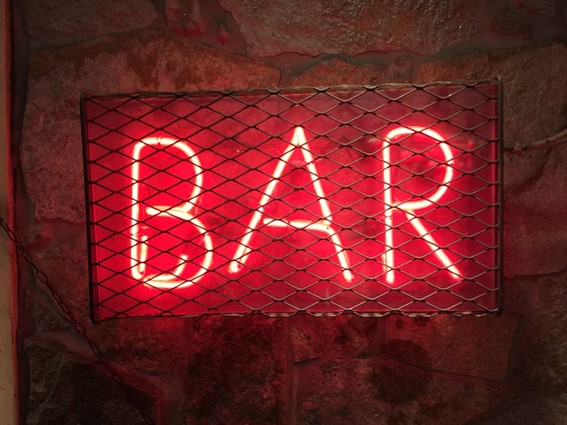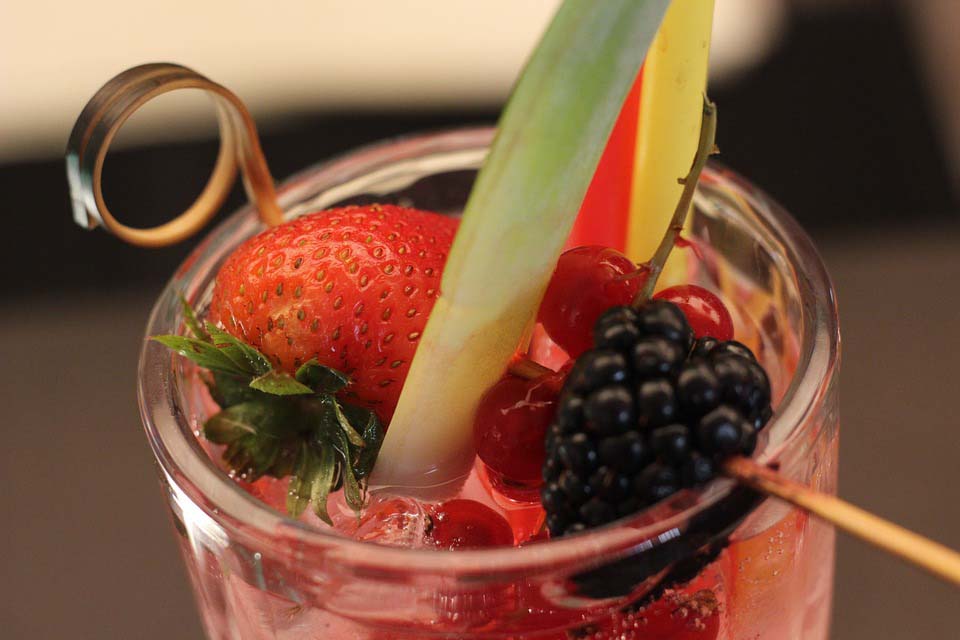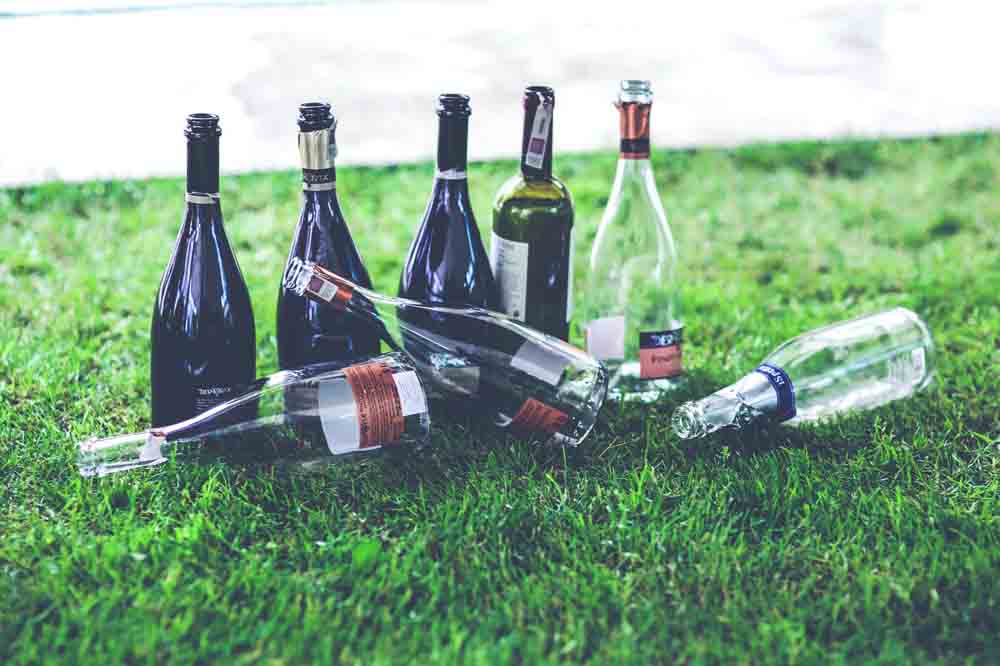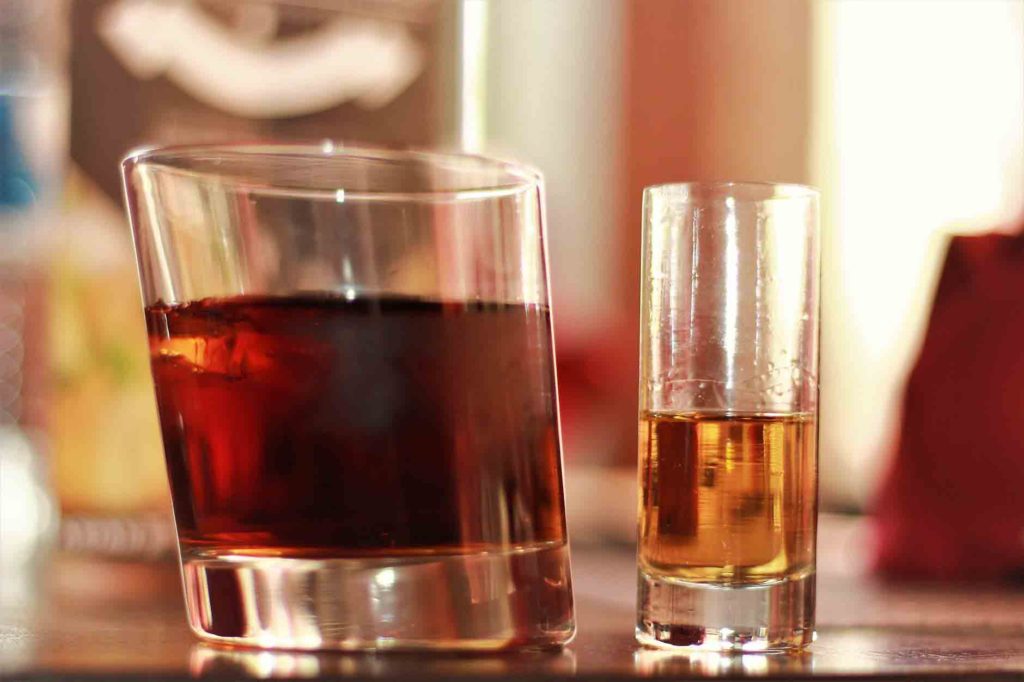A key focus of my blog is Health/Wellness. While it is a popular social beverage and a personal means to unwind, alcohol can also be dangerous for multiple parties. The following contributed post is entitled, How Much Alcohol Should You Drink.
* * *

It is okay to drink some alcohol? Our society loves to make us believe that it’s a normal part of socializing and existing as a functional human being, but is it?
That’s the topic of this post. We explore whether we really do need alcohol and some of the consequences of drinking even a small amount of it occasionally.
The Facts About Alcohol Consumption
The CDC is currently the world’s leading authority on the amount of alcohol people should drink, and respected all over the world. It says that alcohol consumption is associated with all sorts of short- and long-term health risks, including:-
● High blood pressure
● Various forms of cancers
● Sexually risky behaviors
● Motor vehicle accidents
● Violence
That’s one of the reasons the police are so concerned about public disorder offenses involving alcohol. Intoxication makes people less inhibited, and they are more likely to lose control of their faculties while under the influence. The last thing that you need is to go out with friends for a drink and end up needing the services of a sex offense lawyer! You deserve to have fun, but fun doesn’t mean intoxication.
The CDC recommends various approaches to reduce the risk of alcohol-related harm. It says that men should drink 2 or less drinks per day, and women should have 1 or less drinks per day.
That’s interesting. Under this scheme, the average person can still consume a substantial quantity of alcohol across the course of the week, potentially drinking at least something every day.
Are There Any People Who Shouldn’t Drink?
It turns out that there are some people who shouldn’t drink at all. The first group is, obviously, those under the legal age. However, there are individuals who are of legal age who should also generally avoid the habit.
Pregnant women, for instance, should avoid alcohol consumption because it can cause serious, untreatable birth defects. You should also avoid alcohol =if you are taking medications that interact with the substance. Side effects from combining, say, the antibiotic metronidazole with alcohol can be severe.
Lastly, anyone recovering from an alcohol disorder should also avoid alcohol entirely. Stepping back into dangerous behaviors can restart the cycle, leading to more rounds of treatment and damage to the body.
What Does The Science Of Moderate Alcohol Use Say?
It turns out that even if you drink within the CDC’s recommendations of 2 drinks per day for men, and 1 drink per day for women, you may be putting yourself at elevated risk of disease and death from all causes. Alcohol, it appears, is generally bad for the body and not something that anyone serious about their health should be consuming.
Some past studies previously indicated that alcohol consumption might be beneficial for health. However, these studies are now being contradicted by more controlled trials and mechanistic evidence supporting the notion of harm.
Furthermore, the recommendations are to moderate alcohol consumption over the course of a week by drinking the same amount every day. However, that’s not how behavior patterns work in most drinkers. The majority do not drink the same quantity daily. Instead, they consume dramatically higher amounts at the weekend, usually when socializing with friends.
Ultimately, therefore, the answer to the question; “how much alcohol should you drink?” is “as little as possible.”




